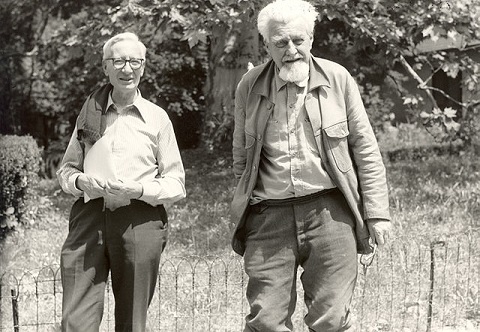The environment of evolutionary adaptedness (EEA) is the set of historically recurring selection pressures that formed a given adaptation, as well as parts and characteristics of the environment that were integral for development of the adaptation.¹ This concept of the environment to which a particular evolved mechanism is adapted was first introduced as a portion of John Bowlby's Attachment Theory.
Most evolutionary psychologists agree that most of human psychological mechanisms were adapted to the reproductive issues in the Pleistocene environments - beginning 2.6 million years ago and ending 12,000 years ago.¹ These issues include growth, differentiation, mating, relationships and maintenance.
issues in the Pleistocene environments - beginning 2.6 million years ago and ending 12,000 years ago.¹ These issues include growth, differentiation, mating, relationships and maintenance.
It should be understood that the EEA is very different from the society we live in today. Humans now live in larger groups, have less cohesive cultures and less stable identities and meanings.¹ Hunter gathering societies lives in the EEA and many evolutionary psychologists look to surviving hunter-gathering societies, although it is questionable how much they actually reflect their ancestral cultures. Researchers can also observe great apes such as chimpanzees and baboons for some insight into the behaviour of those who lived in the EEA. There is a lot of dispute in the field whether or not psychologists have overemphasized the similarities between humans and great apes.
Konrad Lorenz ('The father of ethology') and Nikolaas Tinbergen.
Image Source: Wikimedia Commons.
Reference:
1. Environment of Evolutionary Adaptedness. Retrieved from https://notes.utk.edu/bio/greenberg.nsf/0/df440cb14669ea1e8525709a0051f7bd
